Structural & Acoustics Blog Posts
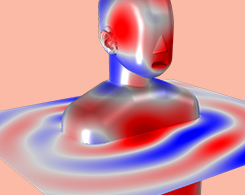
Analyzing the Acoustics of a Head and Torso Simulator
Acoustics engineers designing hearing aids, cellphones, and headphones can perform standardized measurements faster and cheaper with simulation, as shown in this example.
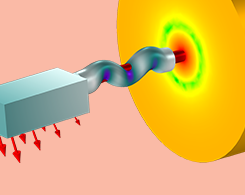
How to Use Solver Suggestions in Acoustics Modeling
When you model large, industry-scale acoustics, ever find it challenging to efficiently solve the problem with the hardware at hand? Enter the solver suggestions in COMSOL Multiphysics®.
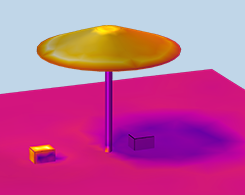
The Importance of Thermal Radiation in Your Models
Conduction and convection tend to get more attention from simulation engineers, but radiation plays an important role as well. Learn how (and why) to account for thermal radiation in your models.

Samsung Amps Up Loudspeaker Designs with Simulation
Some organizations reach success and then shift the goal post. Take Samsung, for instance: Although they lead the market for televisions and smartphones, they set their eyes on another goal…

Optimizing Lubricated Systems with Numerical Simulation
Experts at SIMTEC designed a lubricated mechanical contact using numerical modeling and built an application for optimizing the use of lubrication in rolling and sliding bearings.
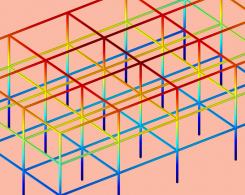
Predicting the Unpredictable: Simulating Earthquake Mechanics
In case of an earthquake, people regularly practice hiding under their desks. Another way to prepare? Using response spectrum analysis to determine the structural stability of a building subject to this type of seismic event.
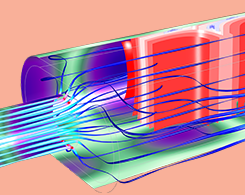
How to Automate Meshing in Frequency Bands for Acoustic Simulations
There is a large frequency range involved in acoustics phenomena, which means that modeling acoustics problems requires meshing a large wavelength range. COMSOL® offers an efficient way to do so.
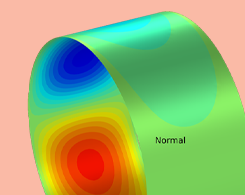
Analyzing Vibrations in Rotating Machinery Due to Bearing Misalignment
You can use structural analysis to compare the angular velocity, axial displacement, and bearing reaction moment on the shaft for rotating machinery with aligned and misaligned bearings.
